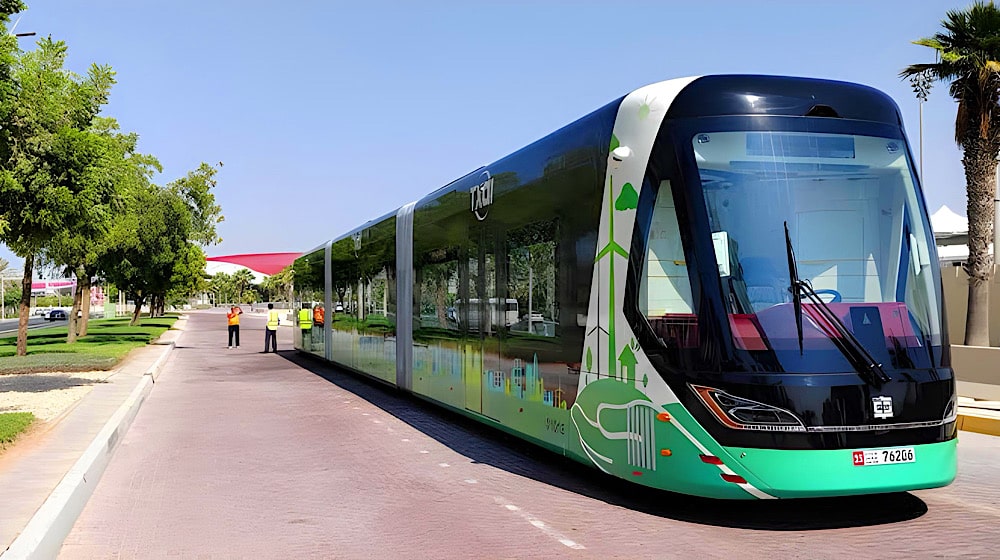In a significant move toward sustainable urban mobility, the Capital Development Authority (CDA) has decided to launch an electric tram service in Islamabad. The project, aimed at reducing traffic congestion and pollution while providing a modern mass transit system, has entered the planning phase with a formal feasibility study set to begin soon.
CDA Chairman Mohammad Ali Randhawa confirmed the development after a high-level meeting with officials from the National Radio Telecommunication Corporation (NRTC). He stated that the authority has greenlit the feasibility study in accordance with directives from the Prime Minister and the Interior Minister.
“We are adopting a step-by-step approach—electric buses are already operational, and now we are moving toward electric trams,” Randhawa said. “The feasibility study will help us determine the best implementation strategy.”
Sources within the CDA revealed that four major routes are being considered for the initial phase:
-
Rawat to Faisal Mosque via Islamabad Expressway
-
Jinnah Square to Islamabad International Airport along Srinagar Highway
-
Additional routes connecting key commercial and residential hubs (details to be finalized)
A Chinese consulting firm is expected to be hired to conduct the technical and financial feasibility assessment. The study will evaluate route viability, cost estimates, environmental impact, and potential ridership.
The meeting also discussed operationalizing Soft Wheel Electric Trams, a modern and noise-efficient tram system, alongside improvements to Islamabad’s existing electric feeder bus network. The CDA chairman directed officials to expedite the study to ensure timely implementation.
Islamabad has seen previous mass transit proposals, such as the Light Rail Transit (LRT) project in collaboration with China Railway, fail to materialize. However, officials insist that this initiative has stronger political and institutional support, with a clear roadmap for execution.
Electric tram service will:
-
Reduced Traffic Congestion: Trams will provide a high-capacity alternative to private vehicles.
-
Lower Emissions: Fully electric trams will help cut Islamabad’s carbon footprint.
-
Enhanced Connectivity: Key areas, including the airport and major commercial zones, will be linked efficiently.
Once the feasibility study is completed, the CDA will proceed with detailed design, funding allocation, and construction. If approved, the project could become one of Islamabad’s most transformative infrastructure developments in years.
The move aligns with global trends of shifting toward green public transport, positioning Islamabad as a forward-thinking city in sustainable urban planning. Further updates will be provided as the study progresses.
Also read: KP expands Peshawar BRT service, adds 72 Hybrid Buses





